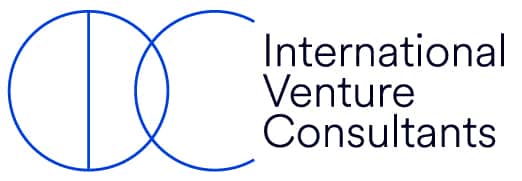Last October, the Council of Ministers approved the referral to the Spanish Parliament of the draft Law to promote the start-up ecosystem (Start-up Law), with the aim of boosting the creation and growth of innovative, high-growth, digital-based start-ups, as well as attracting international talent and investors.
The draft law contains important tax measures, establishing tax incentives for start-up companies, investors and employees, including more favorable treatment for stock option remuneration.
These tax measures include a reduction in corporate income tax and non-resident income tax (from 25% to 15%) for the first four years after the taxable income becomes positive.
In addition, the use of stock options as a form of remuneration is encouraged and their tax exemption is increased from 12,000 to 50,000 euros per year, delaying their taxation until they are paid out.
Startup Regulation
The maximum deduction base for investment in new or recently created companies has also been raised (from 60,000 to 100,000 euros per year), the deduction rate has been increased from 30% to 50% and the period for considering a newly created company has been extended from 3 to 5 years, in general, or to 7 years for companies in certain sectors.

Deferral of the tax liability for corporate income tax or non-resident income tax in the first two years after the taxable income is positive, without guarantees or interest for late payment, for a period of 12 and 6 months respectively, is permitted. The obligation to make payments in instalments of corporate income tax and non-resident income tax in the two years following the year in which the taxable income is positive is also eliminated.
Digital nomads
It contemplates the figure of “digital nomads” (those entrepreneurs and teleworkers who move to Spanish territory) who will have the possibility of residing and working in Spain for 5 years, as well as benefiting from the special tax regime and paying non-resident income tax. With the aim of repatriating talent, the general requirements for accessing this regime have been reduced (from 10 to 5 years the requirement of prior non-residence in Spain has been lowered).
Also noteworthy is the elimination for 3 years of the double Social Security contribution in the case of pluriactivity, for entrepreneurs who work simultaneously for an employer and for an employee.
The draft law includes other measures in favor of emerging companies, such as the promotion of innovative public procurement or exemption from the cause of dissolution when losses reduce their net worth to less than half of the share capital, provided that it is not appropriate to request a declaration of bankruptcy, unless three years have elapsed since their incorporation.
It should be noted that it also relaxes procedures to encourage the creation of and investment in technology-based start-ups. In this regard, it provides for free notary and registrar fees for the incorporation of limited companies, as well as for publication in the Official Journal of the Mercantile Registry (BORME); the creation of the company by telematic means; and the non-obligation to obtain a foreigner’s identification number (NIE) for non-resident investors, requiring only that they and their representatives obtain tax identification numbers (NIF). It is important to remember that with the approval of the “Crea y Crece” Law it will be possible to set up a company with just one euro of share capital.
| Before Start-up Law | After Start-up Law | |
| Cost of setting up an SL | 3.000 € | 1 € |
| Time to start a business | 10 to 15 days | 6 hours |
| Tax exemption of Stock Options | 12.000 € | 50.000€ + delaying their taxation to the time when they become liquid |
| Corporate Income Tax (from 25% to 15%) | During 2 years | During 4 years |
| Maximum deduction base for investment in start-ups | 60.000 € | 100.000 € |
| Deduction rate for investments in start-ups | 30% | 50% |
| IRNR taxation | 25% | 15% |
| Requirement of not having been a tax resident in Spain in order to obtain IRNR | 10 years | 5 years |
| Exemption from multiple activity | 0 years | 3 years |


